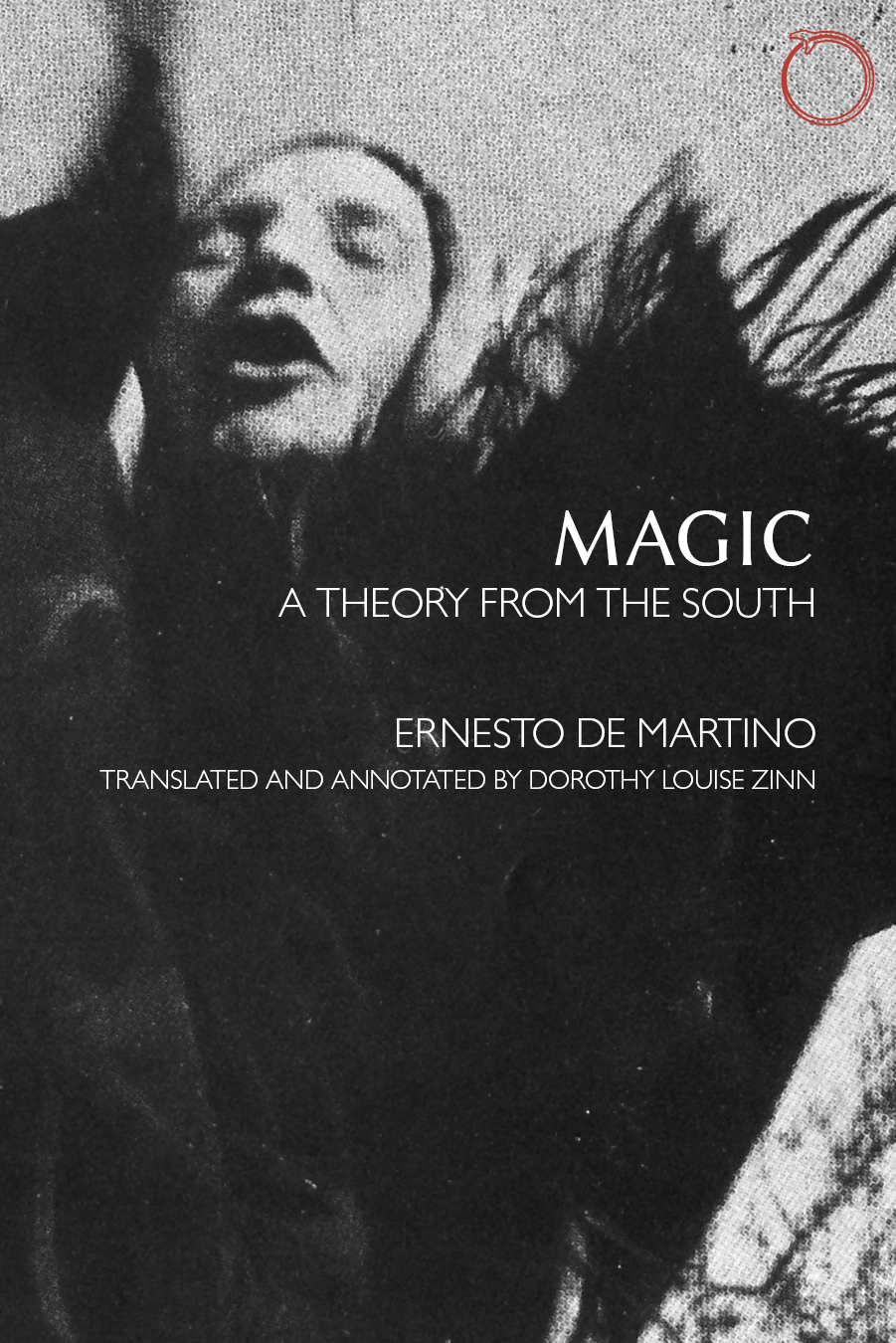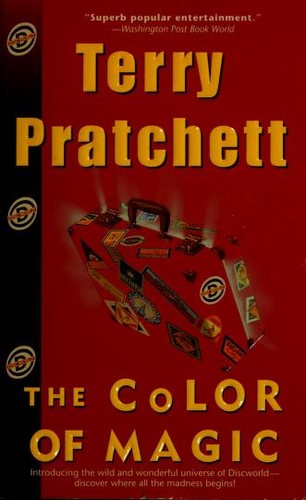

The Black Sword that sucks souls to Hell - here a sword that drags people into a Hell of boredom and ennui as it grabs the ear of the listener and will not let go. Rincewind as an incompetent Elric who can neither cast spells nor use weapons. Michael Moorcock: The concept of the Eternal Hero and the Companion to Champions.Howard used quite a few Eldritch Abominations, and indeed considered Cthulhu Mythos canonical in Conan's world. Conan the Barbarian: Hrun the Barbarian-note that Robert E.


The name of the city Ankh-Morpork is only coincidentally similar to Leiber's Lankhmar, though Pratchett has denied being consciously influenced. There are also some noticeable similarities between the plot and some of the characters in The Lure of the Wyrm and Leiber's The Lords of Quarmall. The initial characterization of Death as an actively malevolent being who directly kills people was also taken from here.
Fafhrd and the Gray Mouser: Bravd and the Weasel, and the whole opening chapters with Ankh-Morpork burning. Dungeons & Dragons: The Vancian Magic system, in which spells take up a certain amount of space in one's head, and are usually named after their creator-also a scene in which the gods literally play dice with the fates of men, teleporting a troll into Rincewind's path. Unlike the TV adaptation, this was mostly a straight adaptation of the book, even keeping significant amounts of narrative and not merely the direct plot. It was also adapted into a graphic novel (again with The Light Fantastic) to celebrate the Discworld series' anniversary. It was adapted (with quite a lot of Adaptation Distillation) by Sky TV in 2007, together with The Light Fantastic (but the whole thing was known as The Colour of Magic). And unlike later Discworld novels, is split into six parts rather than a continuous chapterless piece. Introduced his interest in using nuclear physics (his previous area of expertise as a scientific journalist) as a metaphor and parody for how magic works. Unlike most of the later ones, it was primarily a vehicle for Terry Pratchett to mock, play with, and deconstruct specific other fantasy series, rather than the much broader field of his later work. Written as a travelogue in which cowardly failed wizard Rincewind and Fish out of Water Twoflower, the world's first tourist, travel much of the Disc while running away from things with big teeth and men with swords. The very first Discworld novel, from 1983. There's an avaricious but inept wizard, a naive tourist whose luggage moves on hundreds of dear little legs, dragons who only exist if you believe in them, and of course THE EDGE of the planet. On a world supported on the back of a giant turtle (sex unknown), a gleeful, explosive, wickedly eccentric expedition sets out.







 0 kommentar(er)
0 kommentar(er)
